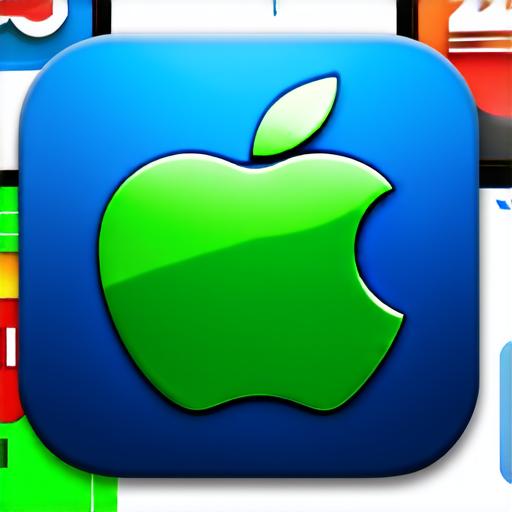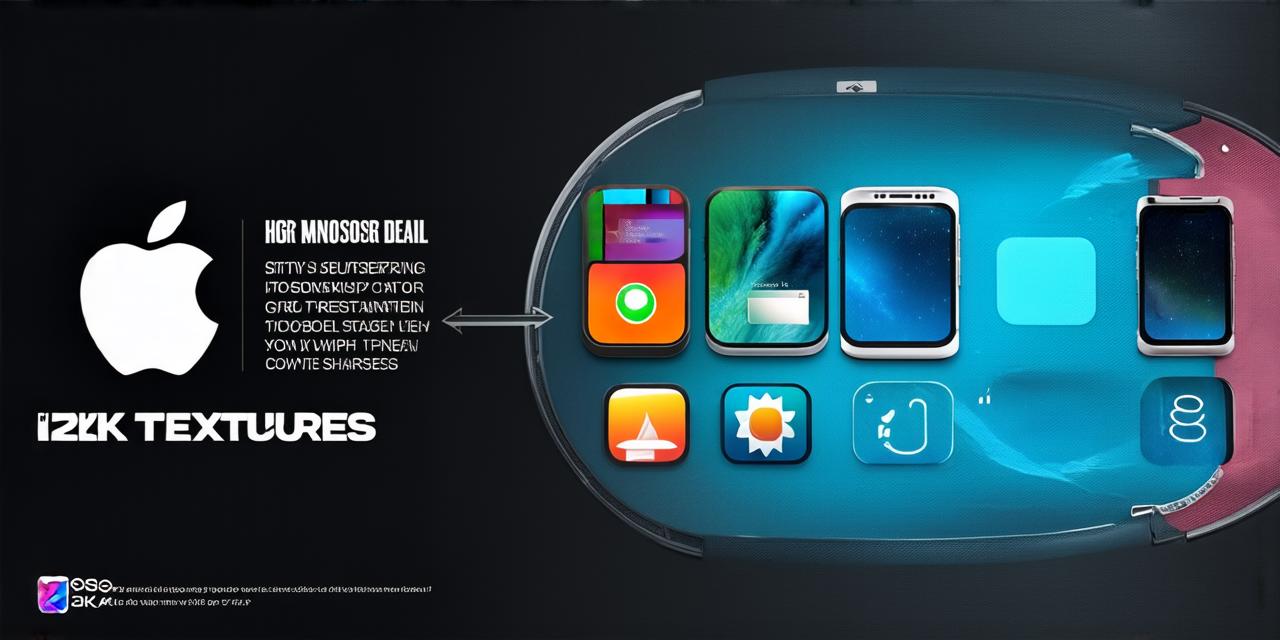
If you’re an iOS developer, you’ve probably come across the term “iOS” countless times, but do you know what it stands for? The answer might surprise you – iOS is simply a combination of three letters: I-O-S. In this article, we will delve into the origins and meaning behind this acronym, as well as its significance in the world of mobile technology.
The Origins of iOS
Apple Inc., the company that created the iPhone, iPad, and other iOS devices, first introduced the iOS operating system in 2007. At that time, Apple CEO Steve Jobs announced that the new operating system would be called “iPhone OS,” which was designed specifically for the iPhone. However, as Apple began to expand its mobile offerings beyond the iPhone, it became clear that a more general name was needed to reflect the platform’s broader capabilities.
In 2010, Apple announced the iPad, a new tablet device that would run on the same operating system as the iPhone. To distinguish between the two devices, Apple decided to rename the operating system to “iPad OS.” However, the name change was short-lived – in 2011, Apple introduced the iOS version numbering system (starting with iOS 4), which would eventually replace both the iPhone OS and iPad OS names.
The Significance of iOS
Today, iOS is the most widely used mobile operating system in the world, with billions of devices running on it. It’s no exaggeration to say that the success of iOS has been instrumental in driving the growth of the smartphone and tablet markets. Here are just a few reasons why iOS is so significant:
-
User-Friendly Interface: One of the key reasons for iOS’s popularity is its intuitive, user-friendly interface. The operating system is designed to be easy to use, with large icons and simple menus that make it easy for users to navigate their devices.
-
App Ecosystem: iOS has a thriving app ecosystem, with millions of apps available on the Apple App Store. These apps cover a wide range of categories, from productivity tools to gaming apps, making iOS a versatile platform for both personal and business use.
-
Security: iOS is known for its strong security features, which include automatic updates, Touch ID/Face ID biometric authentication, and end-to-end encryption. These features help protect users’ data and make it more difficult for malware to compromise their devices.
-
Integration: iOS integrates seamlessly with other Apple products, such as the Mac, Apple Watch, and AirPods. This integration makes it easy for users to move between different devices and access their data and content wherever they go.
-
Hardware: Finally, iOS is tightly integrated with Apple’s hardware, which includes the iPhone, iPad, iPod touch, and Apple Watch. This means that users can expect a consistent experience across all of these devices, with seamless integration between hardware and software.
The Future of iOS
As iOS continues to evolve and grow, there are a few key trends to keep an eye on. Here are just a few:
-
ARKit: Apple’s augmented reality (AR) platform, ARKit, is gaining popularity among developers, who are using it to create immersive experiences for iOS devices. ARKit allows developers to create interactive 3D experiences that overlay digital content onto the real world.
-
SwiftUI: Apple has also released SwiftUI, a new framework for building user interfaces on iOS and macOS. SwiftUI is designed to be more efficient and flexible than traditional UI frameworks, making it easier for developers to create high-quality apps.
-
5G: As the world moves towards 5G networks, iOS devices are likely to become even faster and more capable, with improved connectivity and data transfer speeds.
-
Artificial Intelligence: Finally, artificial intelligence (AI) is becoming increasingly important in the world of mobile development, with AI-powered features like Siri and SiriKit helping users interact with their devices more seamlessly.
